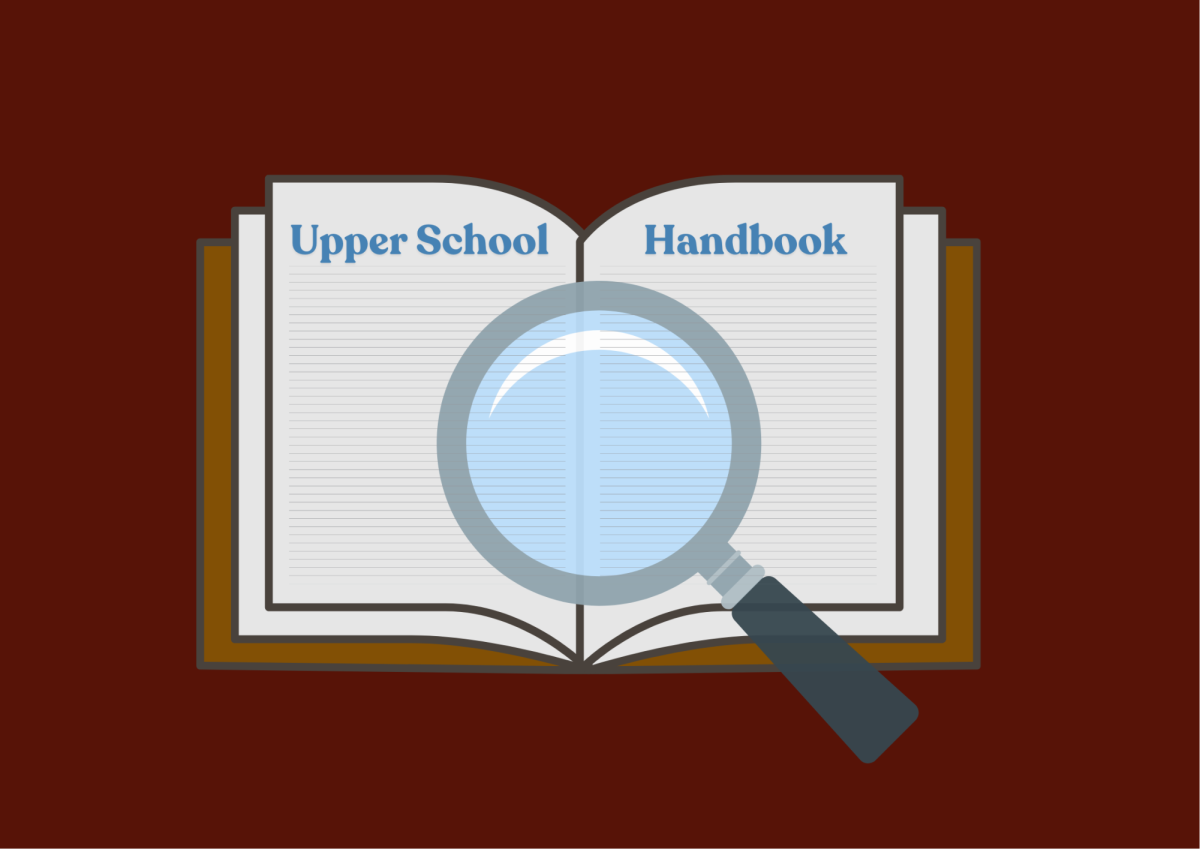The most rebellious thing I did during my sophomore year wasn’t sneaking out of the house or lying to my parents, it was writing a bomb-dropping opinion article about censorship at Taipei American School (TAS) with my classmate, Sonja. For readers who haven’t read the piece, the gist of it was this: a student-led club at TAS attempted to raise money for Palestinian war victims, but were met with immediate suppression and threats of disbandment after a complaint alleging anti-Semitism reached the Upper School administration—Sonja and I argued that this was a blatant violation of TAS students’ freedom of speech. But, after the initial circulation of shocked faces and unexpected congratulations, I sort of forgot about the whole debacle…and the subject of censorship at TAS hasn’t seemed to come up since.
Yet, with free speech becoming an increasingly endangered right among Americans around the world, I can’t help but wonder to myself…does TAS have a clear policy or procedure that protects students’ freedom of speech? After some research, I’ve found that the answer is a clear and resounding no.
In regard to students’ rights, the TAS Upper School Handbook covers the topics of safety, disturbances and identity-based dignity in its harassment policy and offenses/disciplinary consequences policy. Both policies identify two key language categories that are strictly forbidden within the TAS community: exclusionary language (which the Handbook defines as language used to single someone out for parts of their identity, such as their race or sexual orientation) and abusive language (which the Handbook defines as language that is profane and disruptive). Both policies urge students who have witnessed the use of such language or been victimized by it themselves to report the instance to a trusted faculty member as soon as they can. These guidelines are necessary for the promotion of respect and inclusivity within the school community; I commend TAS for instilling them.
However, while the Handbook evidently protects students from speech, it doesn’t protect their right to speak. There isn’t a single sentence in the Handbook that addresses freedom of speech, whether it be a policy asserting TAS’ official stance on the matter or a set procedure for dealing with situations in which a student’s speech may need to be censored. While I understand that TAS handles censorship on a case-by-case basis and claims to generally support expression rights, this lack of an established protocol/framework for students’ freedom of speech is troubling.
TAS students are constantly engaging in activism and discourse related to politics, current affairs, global conflicts and other topics deemed controversial and provocative. This willingness to discuss, explore and act is a defining characteristic of TAS’ student body that should be maintained and protected. Without a clear understanding of what constitutes harmful speech and what constitutes protected speech—and without an established protocol for situations in which student voices need to be restricted—confusion, resentment and conflict arises within the school community. Students feel disrespected and misunderstood when their speech is censored, and administrators feel trapped between the responsibilities of maintaining stability and honoring different opinions. The uproar and turbulence that emerged from last year’s censorship situation only reaffirms this.
Establishing an explicit freedom of speech policy and clearly defining protected speech—rather than only defining forbidden speech—would also enable TAS students to be more mindful, respectful and cautious with their words and actions. When students are simply encouraged to push boundaries and explore diverse topics without properly learning how to navigate subjects that are contentious and sensitive, they’re left in the dark when going about their activism and discourse. Censorship is a tool that TAS, a private institution, has every right to use in order to protect the safety and dignity of its community members. But without consistent, open communication about the framework and philosophy behind TAS’ employment of censorship, students will inevitably feel angry, confused and vilified when their words are suppressed.
I believe the Upper School administration should begin working towards implementing a clear policy or protocol in the Upper School Handbook that navigates censorship and freedom of speech—cooperating with students, faculty members and parents along the way. The administration can begin by administering surveys, organizing forums/meetings and making observations of student activity in classrooms and extracurricular activities, so that student perspectives are thoroughly explored and directly taken into account in the policy-making process.
A freedom of speech policy would not only help foster clearer communication between administrators and students in situations involving censorship, it would also make students aware of their rights and cognizant of boundaries that they must respect.


![A myriad of impressive trophies and awards. [ANNABELLE HSU/THE BLUE & GOLD]](https://blueandgoldonline.org/wp-content/uploads/2025/09/Awards2-1200x512.jpeg)
![Students' calendars say goodbye to exam week. [ANNABELLE HSU/THE BLUE & GOLD]](https://blueandgoldonline.org/wp-content/uploads/2025/09/Exam-week-1200x740.jpg)
![A collection of college flags. [PHOTO COURTESY OF AMBER HU ('27)]](https://blueandgoldonline.org/wp-content/uploads/2025/05/IMG_5029-1200x577.jpeg)

![An SAT word cloud. [PHOTO COURTESY OF WORDCLOUDS]](https://blueandgoldonline.org/wp-content/uploads/2025/05/SAT.jpeg)
![Collage of banned books, including “The Handmaid’s Tale” by Margaret Atwood. [MINSUN KIM/ THE BLUE & GOLD]](https://blueandgoldonline.org/wp-content/uploads/2025/04/IMG_4274-1200x681.jpeg)
